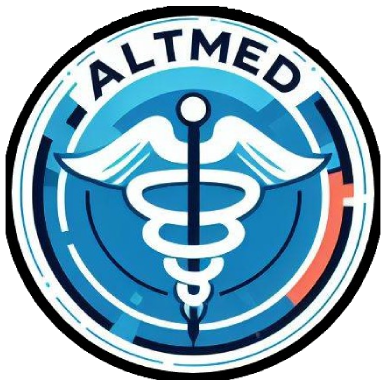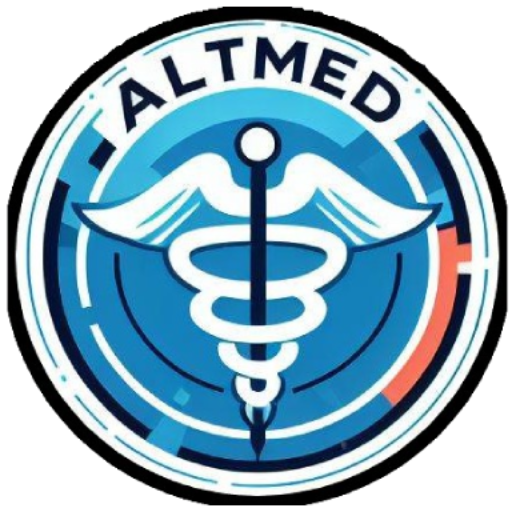Introduction:
In April 2021, Dr. S. Kohtala published an insightful review in Pharmacological Reports detailing ketamine’s fascinating journey. Over five decades, ketamine has progressed from its origins as a surgical anesthetic to becoming a breakthrough treatment for depression and other mental health conditions. This article explores ketamine’s history, how it works, and its promise for rapid relief in mental health care.
Key Points for Patients:
- The History of Ketamine:
- Ketamine was first developed in the 1960s for anesthesia. It’s still used in hospitals today, especially in surgeries and emergency settings.
- By the early 2000s, researchers began to notice ketamine’s unique antidepressant effects.
- How Ketamine Works:
- Unlike traditional antidepressants, ketamine acts quickly, often within hours, by targeting glutamate, a brain chemical involved in mood regulation.
- It also supports brain healing by promoting the growth of new connections between nerve cells.
- Who Can Benefit?
- People with treatment-resistant depression or those in crisis (e.g., suicidal ideation) may benefit most from ketamine therapy.
- Ketamine’s rapid action can provide relief when waiting for other treatments to work isn’t an option.
- Future Promise:
- Ongoing research is uncovering more about ketamine’s potential to treat anxiety, PTSD, and chronic pain.
- It is paving the way for new treatments that work faster and more effectively than traditional approaches.
The VitalPoint for Patients:
Ketamine is a groundbreaking option for people who haven’t found relief with other treatments. While it’s not the first-line choice, its rapid action offers hope, especially for those in urgent need. Discussing this option with a healthcare provider is a great step if other therapies haven’t worked.
Learn More:
- Kohtala S. Ketamine-50 years in use: from anesthesia to rapid antidepressant effects and neurobiological mechanisms. Pharmacol Rep. 2021 Apr;73(2):323-345. doi: 10.1007/s43440-021-00232-4. Epub 2021 Feb 20. PMID: 33609274; PMCID: PMC7994242.
- https://pubmed.ncbi.nlm.nih.gov/33609274/

